YSAN Online Workshop
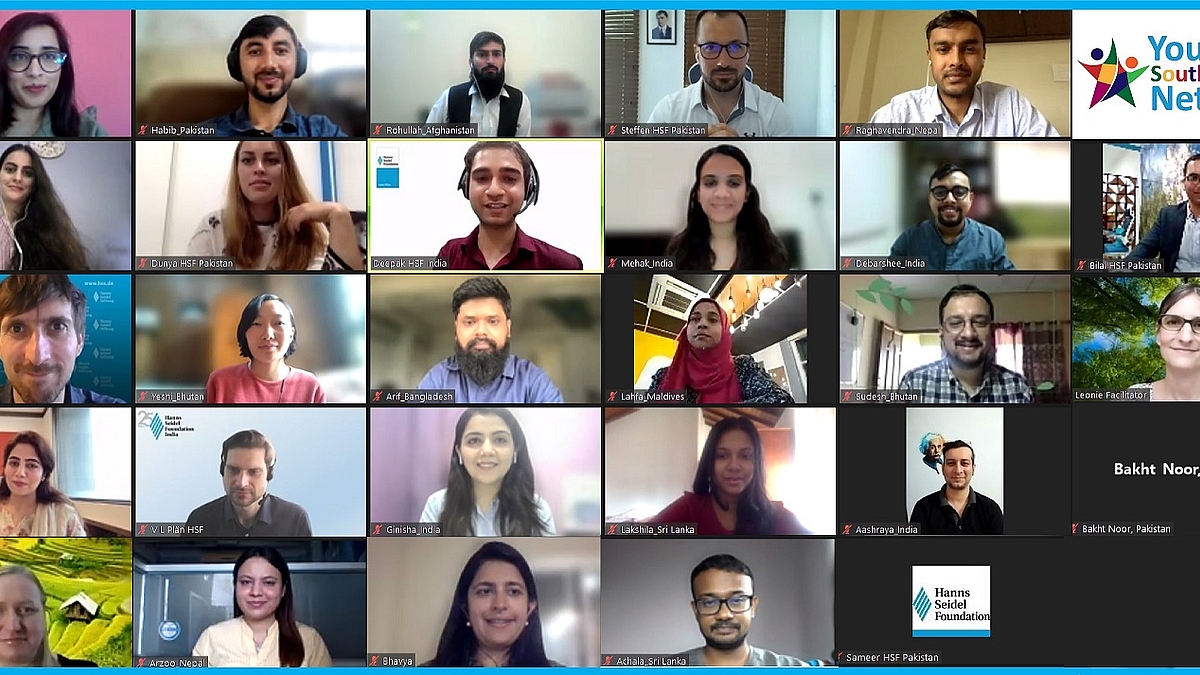
On 2-3 August 2022, 20 young leaders representing all South Asian countries came together to gain a thorough understanding of the theme of urban sustainability during an online workshop. This event was organised as part of the Hanns Seidel Foundation (HSF)’s latest initiative Young South Asia Network (YSAN). The workshop facilitated comprehensive discussions among the YSAN 2022 cohort, fostering interactive exchanges and 'deep dives' with distinguished subject-matter experts to explore various facets of the topic. Additionally, the event marked the inaugural meeting of all the participants and provided a platform to plan for the upcoming delegation trip to Germany.
Day 1: Tuesday, 2 August 2022
Opening & Welcome Remarks
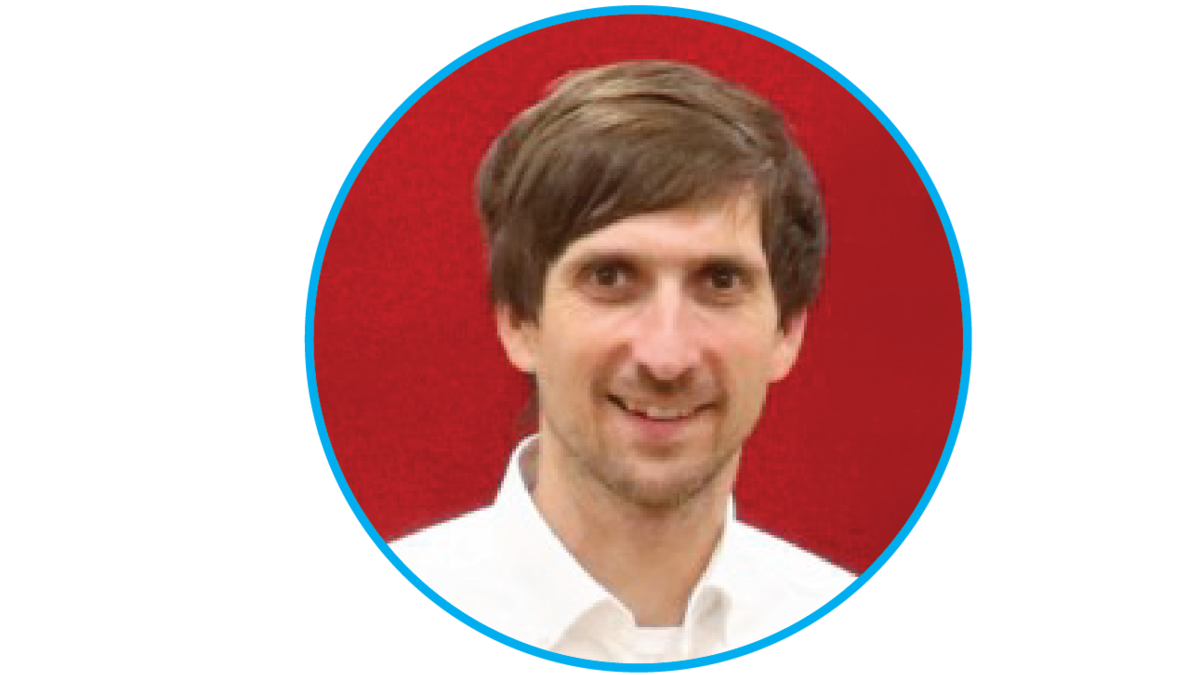
Mr. Stefan Burkhardt
Head of Division
South/Southeast Asia
Hanns Seidel Foundation (HSF)
Mr. Stefan Burkhardt, Head of Division of HSF South and Southeast Asia, in his welcome remarks, introduced the worldwide work and focus areas of HSF, particularly in South Asia. He stressed the importance of regional networks such as YSAN: Together with local partners, HSF implements projects all around the world in the areas of political education in order to promote peace, democracy and sustainable development. […] We strengthen the stakeholder capacity and participation in order to contribute to the democratic structures and processes in the context of SDGs.
Introduction to the Young South Asia Network (YSAN)
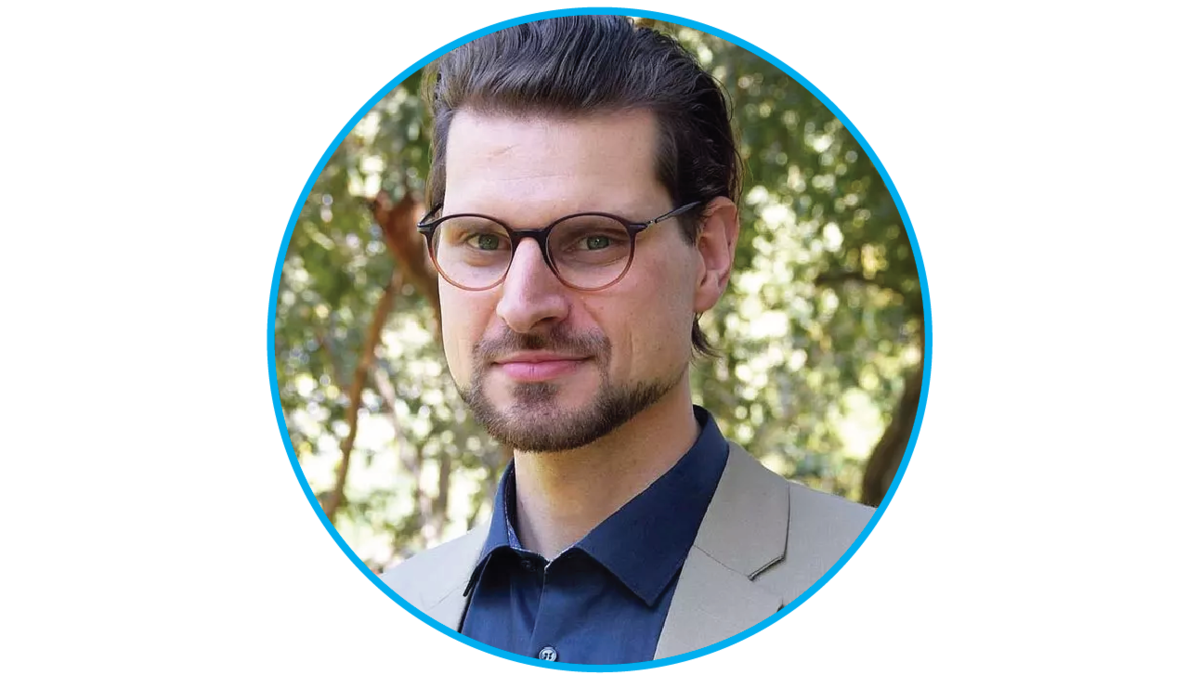
Mr. Volker Plän
Resident Representative, India
Hanns Seidel Foundation (HSF)
Mr. Volker Plän, Resident Representative, Hanns Seidel Foundation (India), outlined the main objectives and scope of YSAN: YSAN brings together the future leaders and creates an opportunity for them to connect with each other and contribute with their unique backgrounds and skills for sustainable regional change. […] This year we are focusing on fostering multilateral exchanges with experts and young professionals from South Asia and Europe to find vision, ideas and solutions related to sustainable cities.
Thematic Intro Session – “Sustainable Urbanisation”
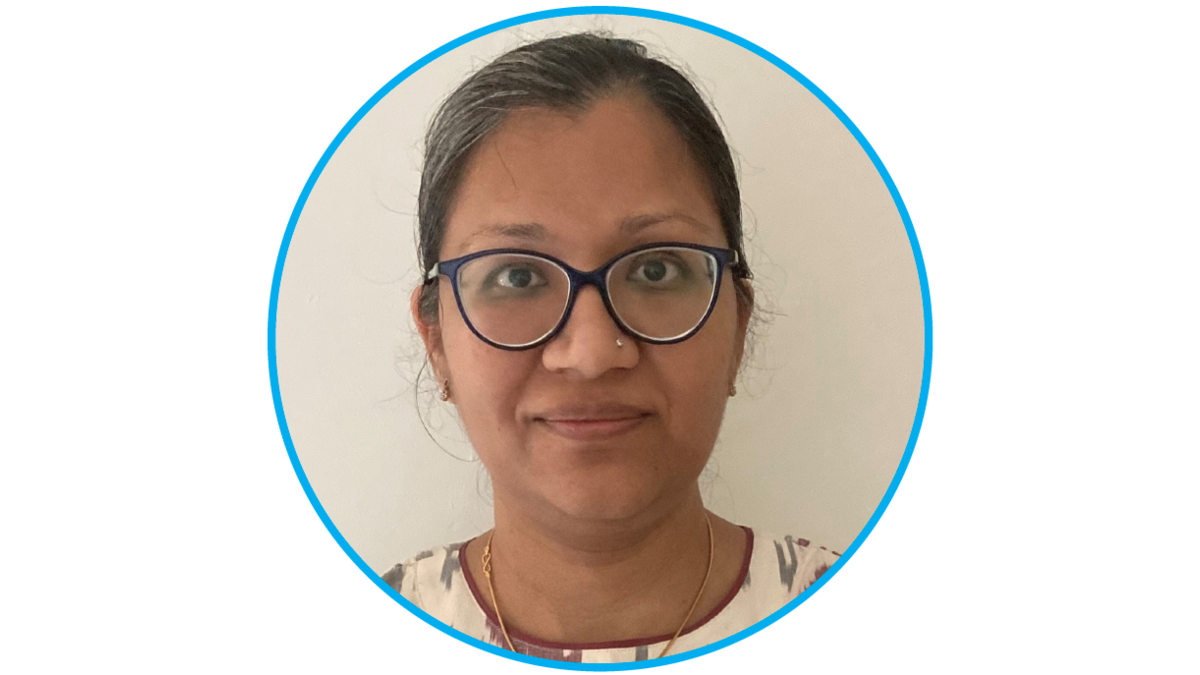
Ms. Parul Agarwala
Country Programme Manager
India, UN Habitat
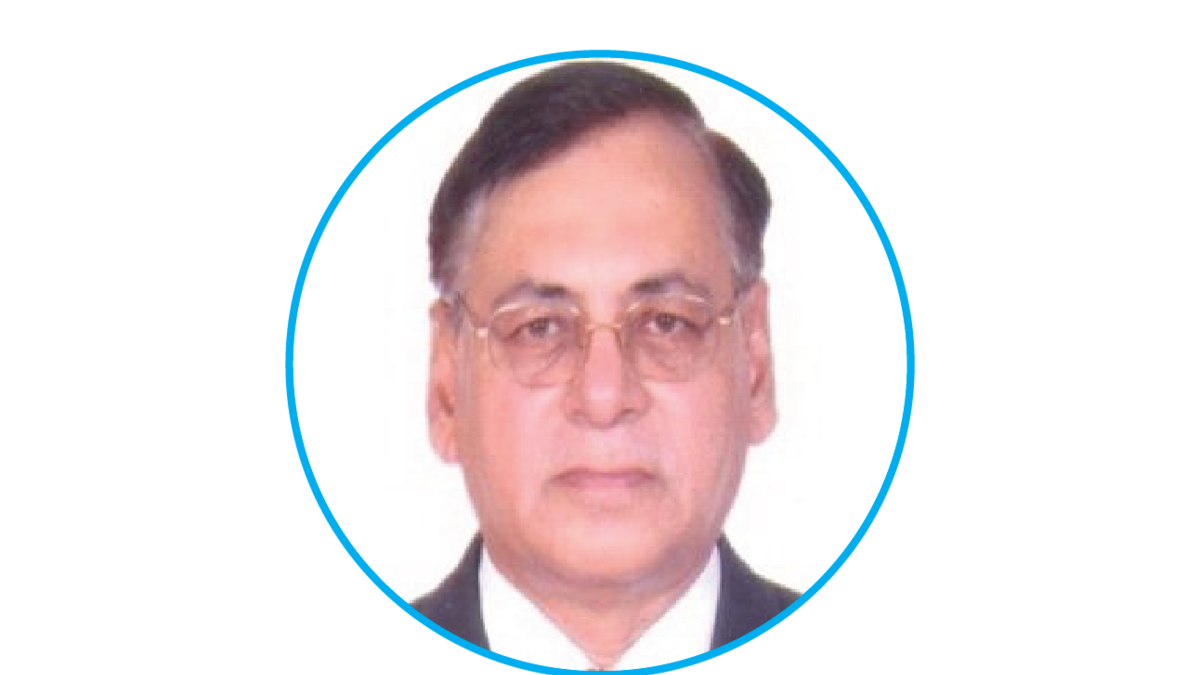
Mr. Jawed Ali Khan
Country Programme Manager
Pakistan, UN Habitat
The Day 1 started with presentations from Ms. Parul Agarwala and Mr. Jawed Ali Khan, both being Country Programme Manager at UN Habitat India and Pakistan offices respectively. They shared the insights from the various projects UN is doing and the interlinkages of those projects with SDGs, especially SDG 11 (Sustainable Cities and Communities). Ms. Agarwala highlighted the fact that by 2030, 43 cities around the globe will have more than 10 million or more inhabitants. The South Asian countries have been urbanizing at a faster pace during the last decade and hence the importance of implementing SDG 11 is imperative for the cities to be resilient
Download Presentations
Thematic Session 1: Waste Management
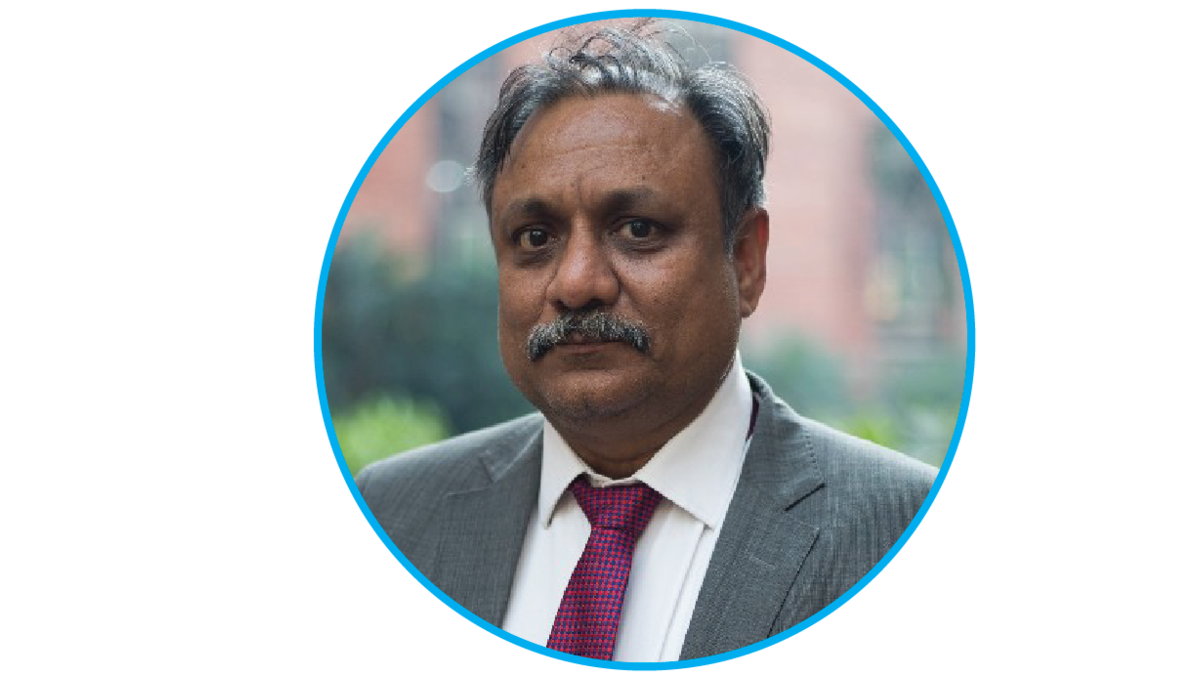
Dr. Suneel Pandey
Director, Environment & Waste Management,
The Energy and Resources Institute (TERI)
India
During the second half of the day, Dr. Suneel Pandey from The Energy and Resources Institute (TERI), India pointed out that high urbanization rates have expanded cities boundaries, posing significant challenges to local governments. He mentioned that developing countries are still grappling with uncontrolled dumping, open burning, and inadequate access to waste services. With increased urbanization the total municipal solid waste generation is expected to increase more than four times within this century.
Download Presentation
Deep Dive into Topic of Interest on Theme 1: Waste Management
To delve into country-specific challenges, the breakout sessions of this theme covered three major broad sections under waste management- a) Solid Waste b) Plastic Waste and c) E-Waste. The key questions discussed during the sessions include-
What are the key challenges and how they could be addressed?
What are the enabling factors for upscaling waste management sustainable practices?
Day 2: Wednesday, 3 August 2022
Thematic Session 2: Urban Mobility
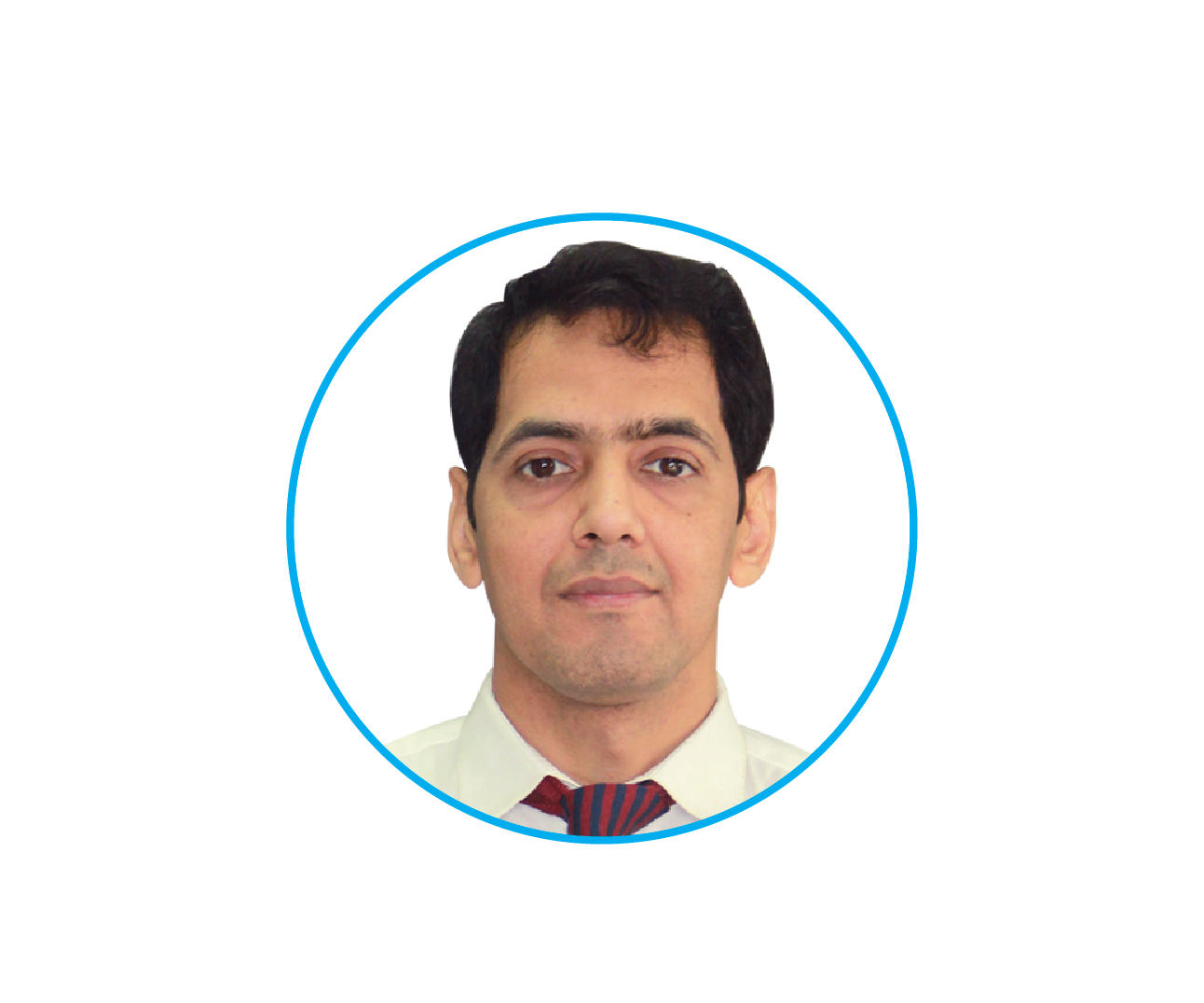
Mr. Imran Ali Sultan
Chief Operating Officer
The Urban Unit, Pakistan
The Day 2 of the workshop covered major aspects of Urban Mobility by Mr. Imran Ali Sultan, Chief Operating Officer, The Urban Unit, Government of Punjab, Pakistan. He strongly emphasized that the carbon emissions from the transport sector is on rise and at present 23% of global carbon emissions are from the transport sector. Issues like air pollution are on rise because of increased emissions which in turn affect the quality of life in the majority of South-Asian cities.
Download Presentation
Deep Dive into Topic of Interest on Theme 2: Urban Mobility
Environment and Infrastructure were two major sub-themes discussed in deep-dive sessions. The following were the questions being discussed in each of the sub-themes:
a) Infrastructure- Are South-Asian cities designed to implement strategies like walkable cities, more use of bicycles, and public transport? If not, then what are the reasons behind this failure.
b) Environment- What are the challenges and strategies being employed in planning for South Asian cities in the context of Sustainable Urban Mobility.
Closing Ceremony
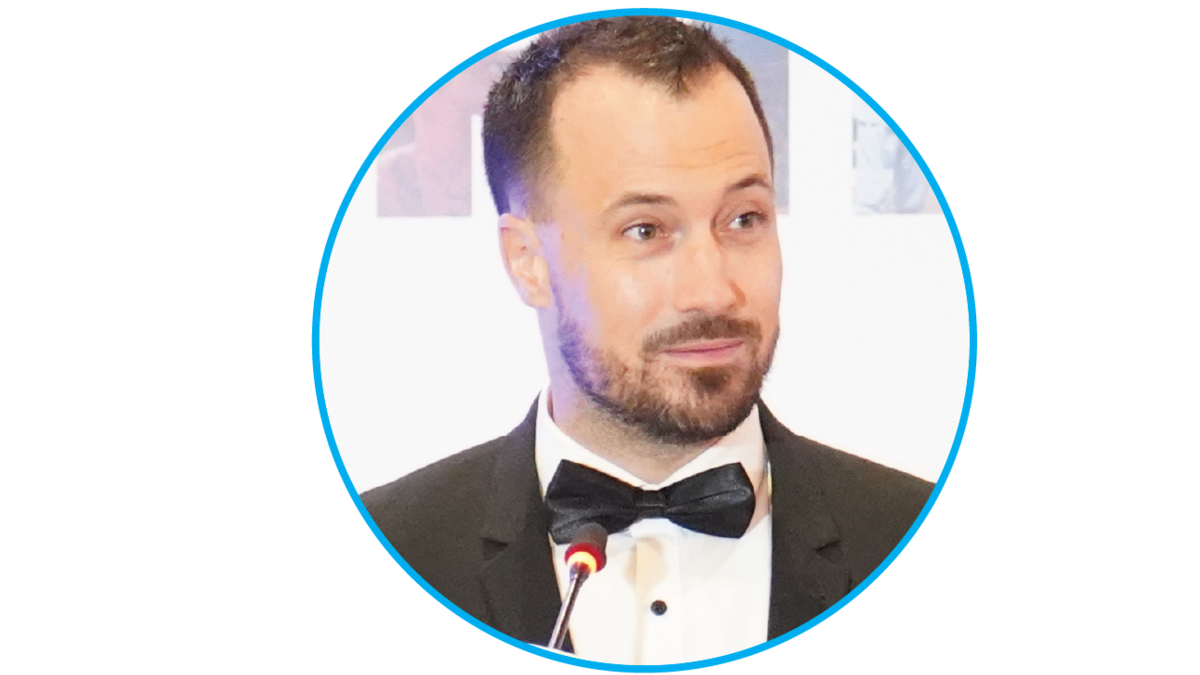
Dr. Steffen Kudella
Resident Representative
HSF Pakistan
Dr. Steffen Kudella, Resident Representative of Hanns Seidel Foundation (Pakistan), remarked: The main objective of this online workshop was to bring South Asian young leaders together. We wanted to initiate a discussion with them on finding common solutions to the common challenges of urban areas. […] Our vision for YSAN is to develop it into a significant and impactful forum with a strong and influential presence in South Asia and Europe.
